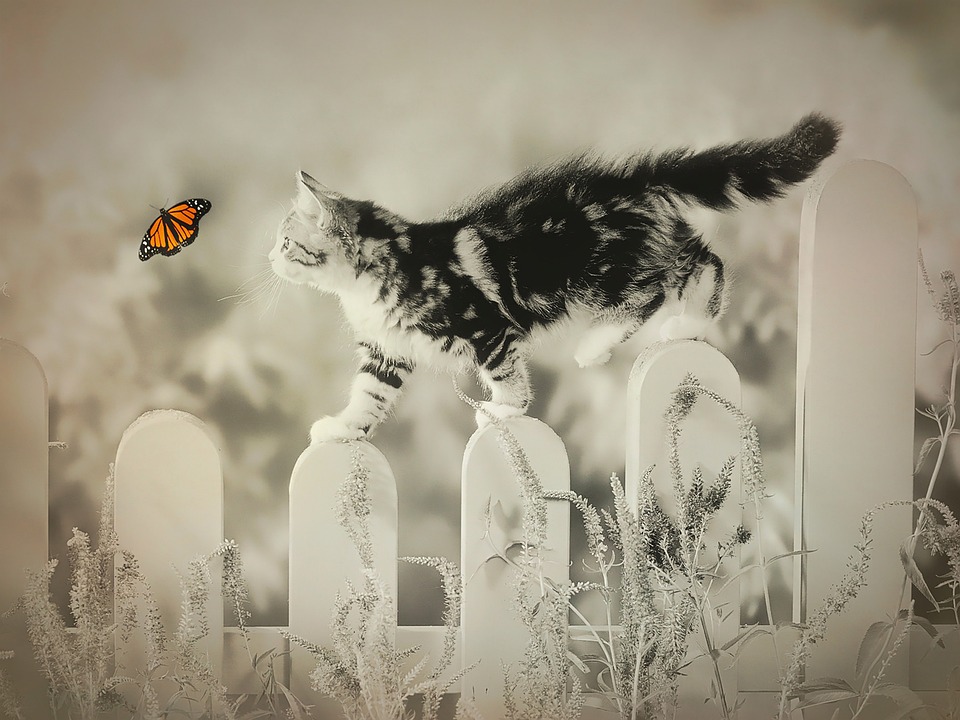Cats are known for their finicky appetites and sensitive digestive systems. Just like humans, they can experience a range of digestive issues that may impact their overall health and well-being. As a responsible cat owner, it’s essential to understand these common digestive issues and how to address them effectively. In this article, we’ll explore some of the most prevalent digestive problems in cats and provide valuable insights on how to manage and prevent them.
1. Hairballs: An Unwanted Consequence of Self-Grooming
Hairballs are one of the most common digestive issues in cats. These clumps of hair form when cats groom themselves and swallow loose fur. While a certain amount of hair is normal, excessive hair ingestion can lead to the formation of hairballs. To prevent hairballs, regular brushing and grooming can help reduce the amount of loose fur ingested by your cat. Additionally, specialized cat foods or supplements that promote hairball control can be considered.
2. Vomiting: When Your Cat’s Stomach Rebels
Vomiting in cats can occur due to various reasons, including hairballs, dietary indiscretion, food allergies, infections, or underlying medical conditions. While occasional vomiting might not be a significant concern, persistent or severe vomiting should be addressed by a veterinarian. To manage vomiting at home, feeding smaller and more frequent meals, switching to a bland diet temporarily, and ensuring your cat stays hydrated are some simple steps you can take. However, always consult a vet if vomiting persists or is accompanied by other concerning symptoms.
3. Diarrhea: The Runny Side of Feline Digestion
Diarrhea in cats can have multiple causes, including dietary changes, food intolerances, infections, parasites, stress, or underlying health conditions. While most cases of diarrhea resolve on their own, persistent or severe diarrhea can lead to dehydration and other complications. Treatment involves identifying the underlying cause and may include dietary modifications, medication, or probiotics. Preventing diarrhea involves gradually introducing new foods, avoiding sudden diet changes, and maintaining good hygiene practices.
4. Constipation: When Things Get Backed Up
Constipation occurs when a cat’s bowel movements become infrequent or difficult. Common causes include inadequate fiber intake, dehydration, obesity, or underlying health issues. To relieve constipation, your veterinarian may suggest dietary changes, increased water consumption, or the use of laxatives or stool softeners. Prevention involves providing a balanced diet, promoting hydration, and ensuring your cat has access to a clean litter box.
FAQs
Q1. Can I give my cat over-the-counter medications for digestive issues?
It is not recommended to administer any over-the-counter medications to your cat without consulting a veterinarian first. Human medications can be toxic to cats, and some may worsen the existing condition. Always seek professional veterinary advice before giving any medication to your cat.
Q2. When should I be concerned about my cat’s digestive issues?
If your cat’s digestive issues persist for more than a day or are associated with other symptoms such as lethargy, loss of appetite, blood in vomit or stool, or significant weight loss, it is crucial to consult a veterinarian promptly. These could be signs of a more serious underlying condition requiring medical attention.
Q3. How can I promote a healthy digestive system in my cat?
To promote a healthy digestive system in your cat, provide a balanced diet appropriate for their age and breed. Ensure your cat has access to fresh water at all times. Regular exercise, stress management, and maintaining a clean environment are also vital. Regular veterinary check-ups can help identify any potential issues before they become severe.
Understanding and addressing common digestive issues in cats is essential for their overall well-being. By recognizing the signs, preventing problems, and seeking veterinary assistance when necessary, you can help your feline friend maintain a healthy digestive system and enjoy a happy, comfortable life.








